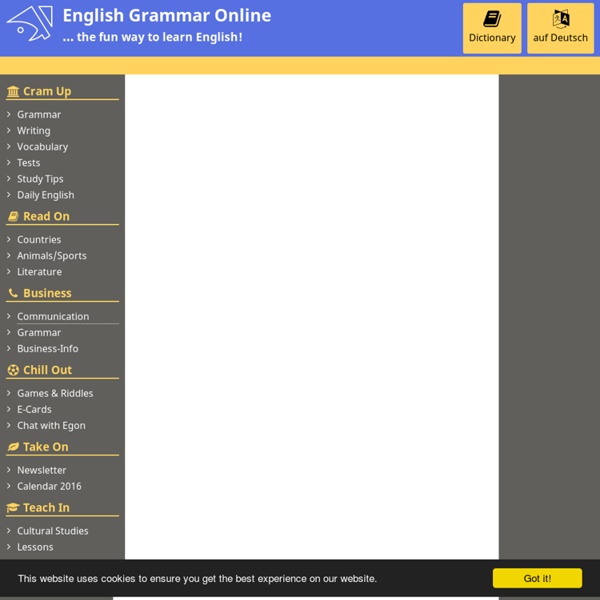



Phrases for Performing Well in Busines Meetings - Key Business Meetings Phrases Business English: Introduction to Meetings One of the most common requirements of business English is holding meetings in English. The following sections provide useful language and phrases for conducting meetings and making contributions to a meeting. Meetings generally follow a more or less similar structure and can be divided into the following parts: I - Introductions Opening the Meeting Welcoming and Introducing Participants Stating the Principal Objectives of a Meeting Giving Apologies for Someone Who is Absent II - Reviewing Past Business Reading the Minutes (notes) of the Last Meeting Dealing with Recent Developments III - Beginning the Meeting Introducing the Agenda Allocating Roles (secretary, participants) Agreeing on the Ground Rules for the Meeting (contributions, timing, decision-making, etc.) IV - Discussing Items Introducing the First Item on the Agenda Closing an Item Next Item Giving Control to the Next Participant V - Finishing the Meeting
Vocabulary Welcome back to Business English Pod for today’s lesson on debriefing a project. Every project has its ups and downs, its successes and its problems. But every company hopes it can get better with each new project, and avoid the problems of previous undertakings. Well, we talk about it. In this lesson on discussing the outcome of a project, we’ll learn lots of useful collocations. In the dialog, we’re going to hear a conversation between Dean and Michelle. Listening Questions 1. Premium Members: Study Notes | Online Practice | PhraseCast
Business English Exercises, ESL Business English Resources Video Presentation Lessons We offer video lessons as podcats for Business English teaching and learning. There are very important tips provided in these videos for anyone in Business. Intercultural Communication Video Lesson - Click Play to Start View count: More Business English Videos Vocabulary Area The rich contents of our vocabulary section include: Idioms/Idiomatic Expressions, Phrasal Verbs, Root words, Affixes (Prefixes/Suffixes), Reading Exercises, British/American English and English Writing. Speaking Area To teach and practice spoken English, we offer commonly used English Expressions for daily communication & dialogues We also provide pronunciation materials which help in the teaching and learning of a standard English pronunciation.We provide exercises to study or teach them, like mp3 audio downloads, printable worksheets and self-grading exercises. Grammar Area This Grammar Area addresses most of the common grammar teaching and learning difficulties teachers and students face.
Les bases de l'Anglais juridique Ce mini-cours va vous permettre d'acquérir les bases de l'anglais juridique tout en clarifiant quelques différences entre les systèmes judiciaires britannique et américain. Il s'adresse à des personnes qui ont au moins un niveau intermédiaire en anglais et qui désirent acquérir des notions d'anglais spécialisé, notamment pour des raisons professionnelles. Au Royaume-Uni Outre-Manche, on distingue deux grandes catégories au sein des professions juridiques : solicitors : conseils, notaires, huissiers de justice, barristers : avocats ; Vous leur paierez des honoraires (fees). C’est parmi ces juristes que sont recrutés les juges : examining justice (juge d’instruction ), recorder (juge à temps partiel ), stipendiary justice (pour les juridictions inférieures ), puisne judge (à la Haute Cour de Justice ) ou encore Lord Justice of Appeal (à la cour d’appel ). Aux Etats-Unis Outre-Atlantique il n’existe pas la même distinction qu’en Grande-Bretagne entre conseil / notaire et avocat.